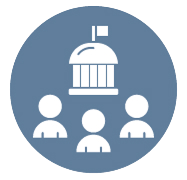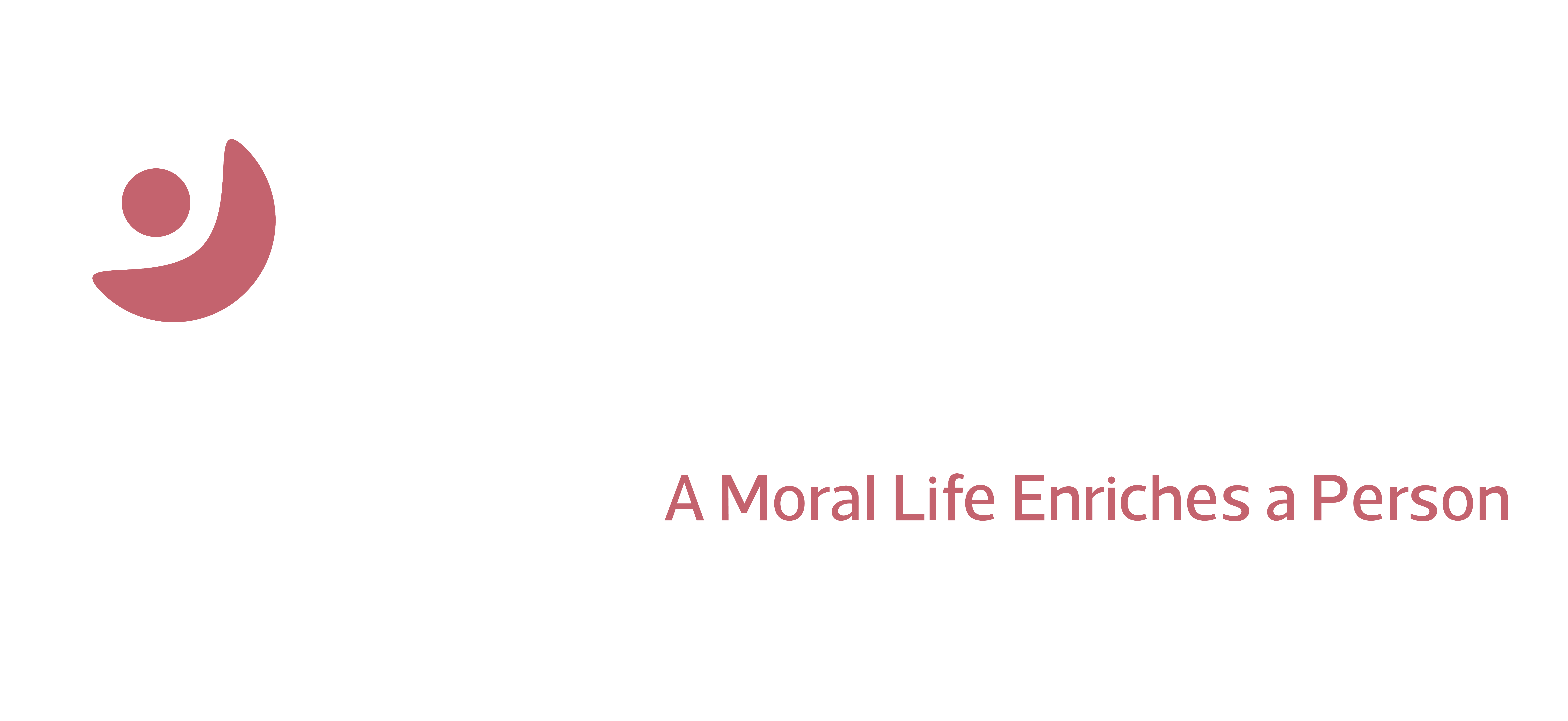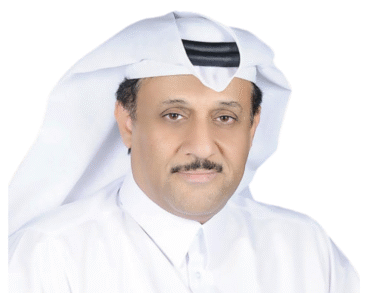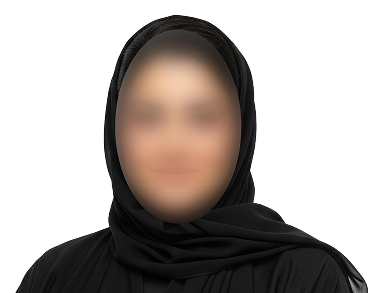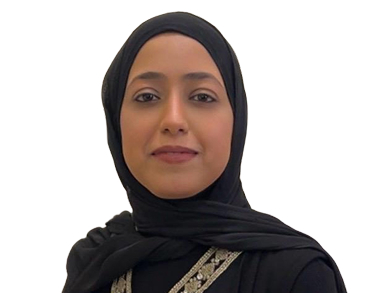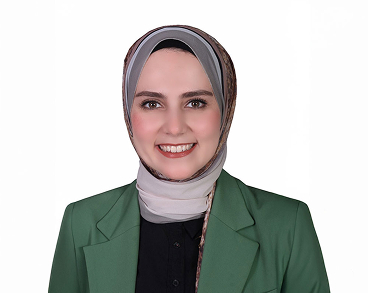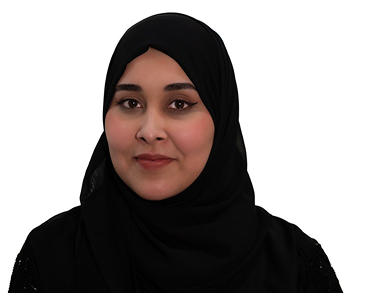From Inspiration to Empowerment
Three years ago, I stood at the gates of a renowned institution—an impressive entity known for pioneering inclusive environments and promoting this culture globally. Our visit aimed to present our professional etiquette programs, but what I didn’t expect was that this visit would plant the seed of a deeper, more urgent initiative.
We entered the institution’s elegant halls, full of admiration for the stories of their efforts in inclusion and integration. We sat with the officials, and as we presented our programs, the conversation gently shifted toward a silent challenge they had been facing behind their shining façade of inclusivity. In careful words, they revealed a real dilemma: despite having strong inclusion policies, their employees lacked the knowledge and confidence needed for proper daily interaction with colleagues with disabilities.
“How do we communicate with them in the most appropriate way?” one of them asked sincerely. “When and how do we offer help without seeming intrusive or condescending? Should we show compassion, or treat them like any other colleague—assign tasks and give constructive feedback when necessary?” Their questions reflected a widespread sense of confusion and hesitation. Then came the most painful truth: many employees with disabilities, though officially on the company’s payroll, were practically “present but absent.” Their presence was theoretical—on paper—but in reality, they were isolated in the day-to-day workflow. The reason? Not ill intention, but a wall of hesitation and fear born from a lack of understanding about how to build genuine colleague relationships and how to engage with trust and mutual respect.
Their words left a deep impact on me. I realized that inclusion policies alone are not enough; real inclusion lives in the everyday interactions—in those small moments that either build or break bridges of connection. I saw firsthand how the fear of making a mistake can lead to complete avoidance, creating an unintended isolation that deprives everyone—disabled or not—of the chance to work and grow together as one integrated team. At that moment, the idea was born. It wasn’t just a training program—it was a necessary message. I felt a strong responsibility to close this gap, to turn hesitation into understanding, and fear into confidence. I wanted to give colleagues the tools and knowledge they needed to feel comfortable and capable of engaging positively and effectively with their colleagues with disabilities—not out of pity, but from a place of professional camaraderie and human respect. This training program is the fruit of that visit and that honest conversation. It’s an attempt to build the missing bridges, to empower every employee to be a true colleague, and to create a workplace that doesn’t settle for superficial inclusion—but celebrates diversity and invests in the strength of every individual, regardless of ability. It is a call to look beyond disability—to see the person, the colleague, the partner in success.
Written with heart,
Sheikha ALSUBAI

Who We Are ?
“Yassmu” is a pioneering and comprehensive program that stems from a holistic vision that invests in building an integrated community that contributes to enhancing traditional concepts around dealing with people with disabilities and establishes a more inclusive and equitable society. This program is based on providing individuals and institutions with knowledge and basic skills in the arts and rules of etiquette and protocol for dignified and effective interaction with people with disabilities of all categories. “Yassmu” focuses on dismantling and changing the prevailing stereotypical image about disability, and promoting awareness of the importance and value of inclusivity in our social and professional fabric.
Most Important Highlights
Specialized Methodology: It is based on establishing “Yassmu” and developing a professional methodology derived from specialized experts who combine academic experience and practical work in the field of special education, and distinguished mastery of etiquette and protocol sciences.
More than Just Training: “Yassmu’s” mission is not limited to awareness and training, but extends to strive earnestly towards empowering communities to build positive environments characterized by justice, equality, and mutual respect.
Changing Stereotypical Images: The program focuses on dismantling and changing prevailing stereotypical images about disability, and promoting awareness of the importance and value of inclusivity in the social fabric.
Supporting Institutional Efforts: “Yassmu” seeks to be a supporter of governmental and institutional efforts aimed at developing systems and policies that embrace all segments of society without discrimination.
Commitment to Excellence: “Yassmu” is committed to continuously improving the level of awareness and interaction, and building a more equitable and inclusive future for all, which brings about a positive transformation in work and community environments.
Core Values of the Program
Values that build communities and create culture
Target Sectors
Inclusive work environment in one workplace
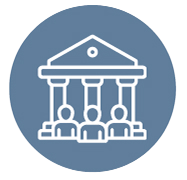
International Organizations and Government Relations
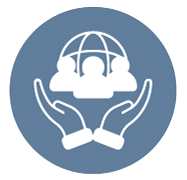
Service, Health and Educational
Sectors
